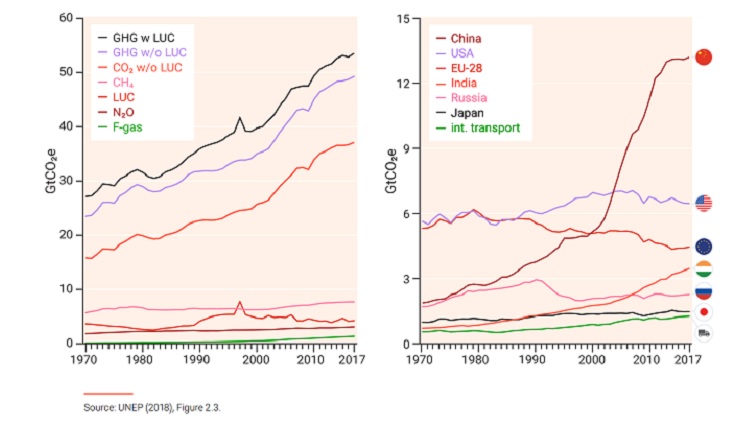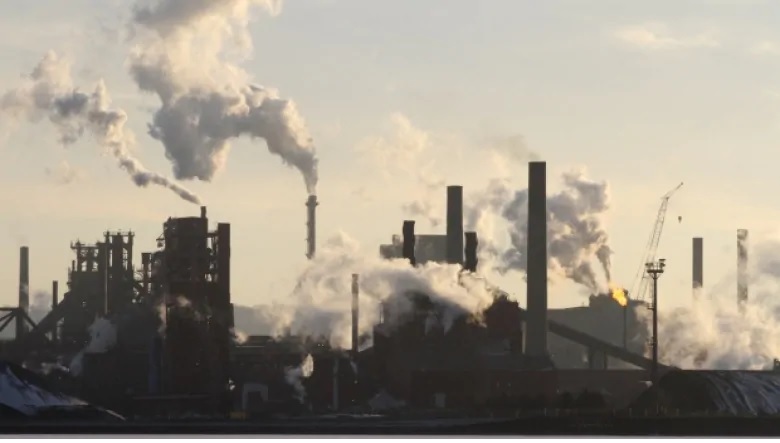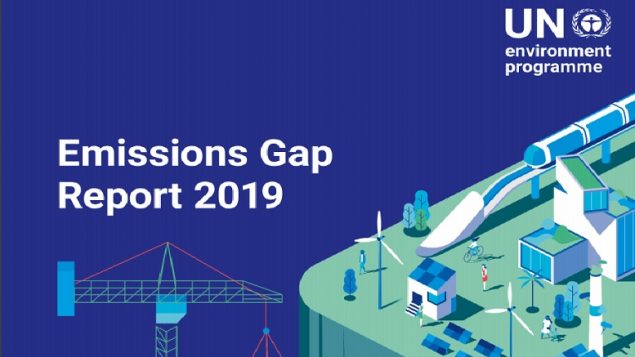The United Nations latest warning on climate says we’re heading for a global average increase of 3.2 degrees Celsius.
It notes that countries agreed to targets to reduce greenhouse gas emissions to slow the increase are well short of the timeframe needed.
Robert McLeman (PhD) , discusses the implications of the report. He is an Associate Professor in the Department of Geography and Environmental Studies at Wilfrid Laurier University in Waterloo, Ontario
ListenThe report is called “Emissions Gap Report 2019” and is the tenth report about greenhouse gas emissions assessing “the annual guage of the disconnect between where we are and where we need to be”. and comes on the heels of another report last month called “Lessons from a decade of emissions gap assessments”

Professor Rob McLeman (PhD), Wilfrid Laurier University Department of Geography and Environmental Studies (supplied)
It warns that, ” Unless mitigation ambition and action increase substantially and immediately in the form of new or updated nationally determined contributions (NDCs) by 2020 and are reflected in ambitious long-term GHG development strategies, exceeding the 1.5°C goal can no longer be avoided, and achieving the well-below 2°C temperature goal becomes increasingly challenging”

Global greenhouse gas emissions per type of gas (left) and (right) theTop greenhouse gas emitters, excluding land-use change emissions due to lack of reliable data (UNEP)
The reports note that large annual emissions cuts need to take place between 2020 and 2030 to meet the goals of the Paris Agreement and paint yet another very worrisome picture of the future under various scenarios and degrees of action

The ArcelorMittal Dofasco steel and coke plant. The UN reports say there’s still time to take drastic action to cut greenhouse gas emissions, but if not the world is headed for a 3.2 degree temperature increase with severe problems by the end of this century. (John Rieti-CBC)
However, they also say, there have never more opportunities for nations to increase action to the levels needed to ward off the worst impacts of climate change.
For his part McLeman says a 3.2C increase would lead to massive displacement of people due to sea rise, and food crises due to droughts and floods. “It would not be a nice place to raise your children”, he says.
additional information







For reasons beyond our control, and for an undetermined period of time, our comment section is now closed. However, our social networks remain open to your contributions.